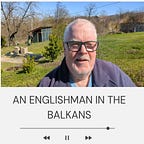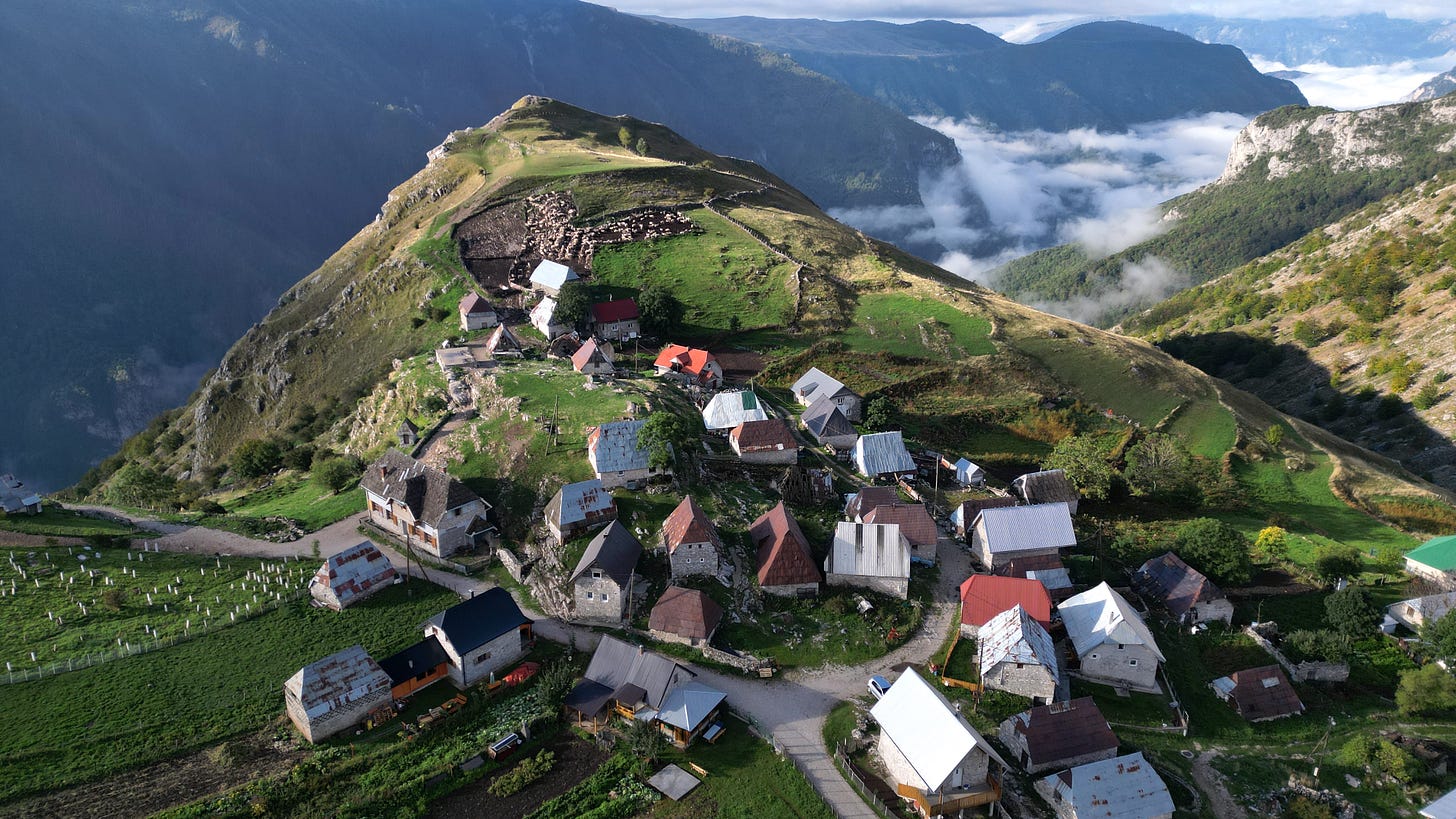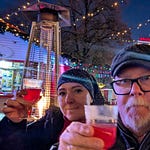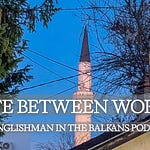Welcome to An Englishman in the Balkans, the podcast where I, share my experiences of life in Bosnia and Herzegovina as a British expat.
Join me as I explore the culture, history, food, and everyday life in this fascinating country. From hidden travel gems and local traditions to expat life insights, each episode offers a first-hand perspective on what it’s like to live, travel, and immerse yourself in the Balkans.
Whether you’re curious about Bosnia, planning a visit, or considering moving abroad, this podcast is your guide to discovering the authentic side of the region, through engaging stories, interviews, and personal reflections.
Discovering a Village in the Clouds
Hello again, it’s David, and today I want to take you with me to one of Bosnia and Herzegovina’s most remarkable places. Lukomir.
Perched nearly 1,500 meters up on Bjelašnica Mountain, it’s the country’s highest permanently inhabited village. Seventeen families still call it home.
The winters bury their stone houses in snow, sometimes for months, while the summers transform the fields into wide open pastures.
On paper, it sounds like a postcard.
But Lukomir is more than its altitude and stone houses. It’s a place where traditions are lived, not displayed. And what struck me most wasn’t the scenery (though it’s breathtaking), but the people, and in particular, the women shepherds who keep this village alive.
A Morning with the Flocks
It’s nine o’clock in the morning. I’m chewing on some dry meat (yes, my mum always said don’t talk with your mouth full, but here we are).
Around me, the village comes alive. Bells clink in the distance, whistles echo across the grass, and then suddenly, waves of sheep. To my eyes it looked like thousands, though it was probably just hundreds.
And who’s leading them? Not grizzled old men with staffs, as you might expect, but women.
Older women, walking steadily with their dogs at their sides, guiding flock after flock up into the high country. It’s not just a novelty for visitors like me, it’s a way of life here, one that’s been passed down through generations.
Why Women?
Traditionally, herding was always a shared family duty.
Men tended to the hay fields, fixed fences, or went off to markets, while women took charge of the flocks, milked sheep, spun wool, and made cheese.
Later, as men left the village to work in Sarajevo or abroad, in Austria, Germany, or Slovenia, the women stayed. Their role as shepherds grew more visible, and today they’re the ones who embody the rhythm of Lukomir’s survival.
As one villager put it, you don’t herd sheep with strength, you herd them with patience.
And patience is something these women have in abundance. Watching them, I realised resilience doesn’t always look like brute force.
Sometimes it looks like quiet footsteps on a stony ridge, season after season, year after year.
Life Between Pasture and Hearth
Life here follows a steady cycle. In the mornings, sheep are led out to graze. By afternoon, the women are making cheese, spinning wool, and knitting socks that hikers like me inevitably end up buying.
By evening, barbecue smoke drifts across the village, neighbours gather, and the sound of rain patters on tin roofs.
That’s exactly how my day ended. After a long hike (six kilometers that felt like twelve, especially after the soles of my boots gave way!), we found ourselves sheltered under a small tin roof, rain hammering down as we tucked into a barbecue feast.
Chicken wings, Zenica ćevap, and šiš kebabs, while across the ridge, women shepherds were still moving their flocks.
A Lesson in Resilience
Lukomir isn’t just a relic from the past. It’s alive, but under pressure.
Young people leave, winters are unforgiving, and only a handful of families remain. Yet the image of women shepherds remains strong.
They are the keepers of both knowledge and tradition, the kind you don’t learn from a book, but from decades of living in rhythm with the land.
I found myself getting unexpectedly emotional here.
Maybe it was the altitude, maybe the long walk, or maybe just the sheer privilege of witnessing a way of life so quietly powerful.
Resilience here isn’t about dominance, it’s about community, patience, and endurance.
Why You Should Visit
If you ever come to Bosnia and Herzegovina, Lukomir should be on your list.
It’s not the easiest place to reach, and accommodation can be tricky, but trust me, it’s worth every effort.
You’ll find not only stunning landscapes but also living traditions that remind us what it means to survive and thrive on the edge of the world.
And when you think of shepherds in the Balkans, don’t just picture an old man with a crook. Picture Lukomir, where women guide their flocks across the high pastures, keeping alive not just their animals, but a culture, a history, and a way of life.
And of course, if you’d like to keep up with my own stories of life in Bosnia, from rainy afternoons in Banja Luka to the hidden corners of the Balkans, check out these recent posts.
















